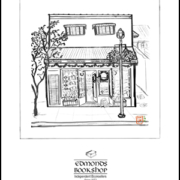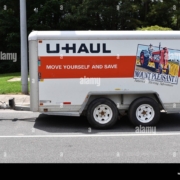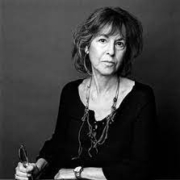Reading at Edmonds Bookshop, tonight!
This evening at Edmonds Bookshop, at 6:30, I will be reading with four other northwest poets (click here to see the list), including my friend, Bellingham poet Jennifer Bullis.
This morning, sitting in bright sunlight under a row of (I think) Acacia trees, I reread Jennifer’s book Impossible Lessons (see a review, here), and tried to choose just one to share. It is a rich book — mythology, horses, babies, birds — and I happily recommend the whole of it to you. But here, just in case you have any questions, her poem, “The Answer.”
THE ANSWER
After the windstorm, a pileated woodpecker
works the dead trunk of a newly leaning maple.
He pulls his scarlet-crested head back
the full length of his black and white body
with each pounding stroke of his beak,
scattering moss, bark, bits of rotted wood
on the forest floor. I want to know
why his head is shaped like an anvil
and why he is fated to hammer
for his food. I want to know why
this particular maple snag has lost its footing
among so many of its neighbors.
I crave a sound rationale as to how
this one, of all of them, was singled out
by the beetles and fungi that killed it
in the first place. But I learn nothing
except by the woodpecker’s breaking off
his analysis of the tree and flashing past
all my questioning, the red crest of his head
a sweet and vivid and impossible lesson.



 Ted Kooser’s
Ted Kooser’s 

 My introduction to poet Ellen Bass was courtesy of Garrison Keillor’s
My introduction to poet Ellen Bass was courtesy of Garrison Keillor’s